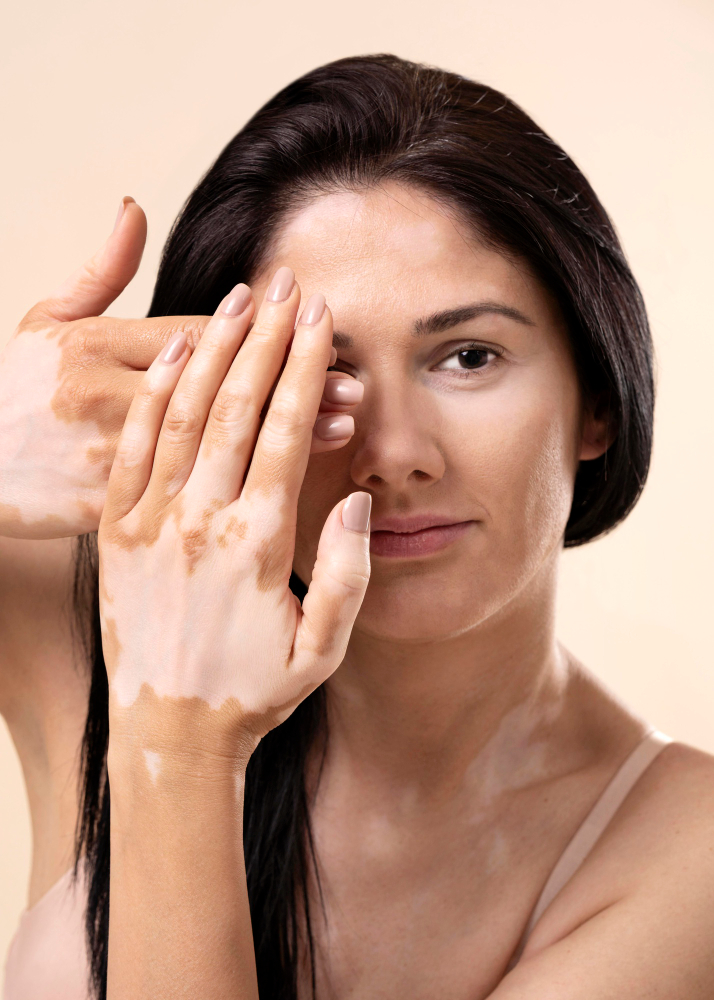Hyper-pigmentation is a term that covers different types of skin conditions. In most cases, it describes a situation in which patches of skin appear darker. This issue occurs due to a very high amount of melanin in the affected areas.
Today, hyper-pigmentation affects everyone irrespective of skin type. In the rest of this post, you’ll discover all you need to know about this skin phenomenon, including how to treat its different types at Aesthetic Art.
What exactly causes skin hyperpigmentation?
Today, different factors contribute to why you may be experiencing hyper-pigmentation today. Some of them include trauma, genetics, hormones, inflammation, sun exposure, and medication.
- Too much exposure to ultraviolet rays can leave your skin hyper-pigmented.
- That’s not all; serious hormonal changes can also lead to hyperpigmentation. Melasma is a type of skin disorder you’ll experience in this case.
- Certain medications and health conditions can also cause this skin disorder. A good example is the use of chemotherapy drugs.
- Do you have a superficial burn, break out, or wound on your skin? These are skin traumas that can also lead to hyperpigmentation.
Here are the different types of skin hyperpigmentation
Today, hyperpigmentation of the skin is available in different types, with different symptoms.
- The first one, which we already mentioned is Melasma or Chloasma. This skin disorder is also known as “the mask of pregnancy.” As earlier mentioned, melasma results from serious hormonal changes. When it surfaces, you’ll most certainly experience large patches of darkened skin on your face, forehead, or stomach. Melasma doesn’t only affect pregnant women. Women that regularly take birth control pills can also experience this disorder.
- Another type of skin hyperpigmentation is age spots. This disorder surfaces by leaving tan, brown, or black spots on your skin. Usually, this issue is caused by extended UV exposures. Age spots often affect areas that are easily exposed to sunlight, such as your face and hands.
- Post-inflammatory hyperpigmentation often affects people with skin inflammation (eczema or acne) or injuries. It can affect any part of the body. When this disorder surfaces, it’ll leave darkened skin patches on your skin.
3 effective Ways to Treat skin hyperpigmentation

Irrespective of the type of skin hyperpigmentation you have, you can always treat them with the following treatment options:
- Use topical creams
- Go for cosmetic procedures
- Reply on home remedies
Topical creams
When choosing a reliable topical cream for your skin disorder, you’ll need to focus on certain ingredients that can help you lighten up the affected spots. Some of these ingredients are corticosteroids, azelaic acid, cysteamine cream, vitamin C, hydroquinone, soy, mequinol, and niacin amide.
The type of ingredients you focus on will determine how long your skin issue can be addressed. For instance, topical creams with hydroquinone and steroids can always work to address hyperpigmentation in 3-6 months.
Cosmetic procedures
You have three options when it comes to using cosmetic procedures to treat skin hyperpigmentation:
- Chemical peels
- intense pulsed light
- Laser therapy
Ensure to speak with your therapist to better understand the best option for you.
Home remedies
There are a few effective home remedies you can consider for hyperpigmentation of the skin.
- One good home remedy involves the use of Aloe Vera, which contains Aloesin – an effective ingredient that could help lighten the affected skin area.
- Two other things you can use at home are green tea and licorice. Both of them are known to possess antioxidant and anti-inflammatory properties.
Why visit Aesthetic Art Today
Aesthetic Art is currently one of the best skincare treatment providers in Kitchener, Waterloo, and Cambridge. If you’re currently struggling to treat your skin hyperpigmentation issues with home remedies, you can always rely on our experts for effective treatment options.
Chemical peels and mesotherapy are two of the many treatment options that we offer. You can visit our official website to better understand how these skincare treatment options work.


